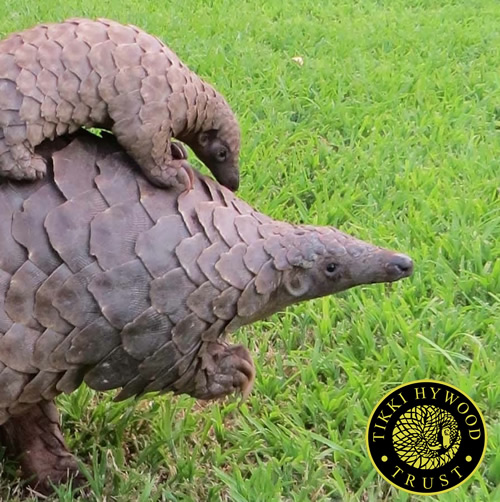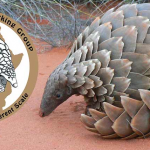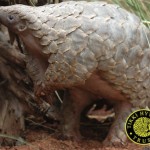
PHOTO: Tikki Hywood Trust
WASHINGTON, DC – The Species Survival Network (SSN), an international coalition of over 100 NGOs, has established a Pangolin Working Group to address legal and illegal trade in pangolins to ensure that wild populations are protected, and that CITES trade restrictions are adequately implemented and enforced.
The Working Group has committed itself to ensuring that these enigmatic species are not traded into extinction and will press for the promotion, enhancement and strict enforcement of applicable national and international regulations protecting pangolins, including the commitments made by 180 of the world’s governments under the Convention on International Trade in Endangered Species of Wild Fauna and Flora (CITES). The Group will also work towards the uplisting of all eight pangolin species to CITES Appendix I, which prohibits international commercial trade.
The Pangolin Working Group includes representatives from:
- Animal Welfare Institute
- Annamiticus
- Born Free Foundation
- Care for the Wild
- Environmental Investigation Agency
- Humane Society International
- International Environmental Law Project/Lewis & Clark Law School
- Pro Wildlife E.V.
- Robin des Bois
- Tikki Hywood Trust
- Wildlife Protection Society of India
Among its planned activities, the Pangolin Working Group will help to consolidate widely scattered pangolin trade information into a central repository for use by a variety of stakeholders working to conserve pangolins. As Rhishja Cota-Larson, Co-Chair of the Pangolin Working Group explains, “this effort will help provide a comprehensive picture of the global trade in pangolins, enable disparate groups and agencies to work together more efficiently, reduce duplication of efforts, and demonstrate the shocking scale of this trade to decision-makers.”
“In the second half of 2013, we have documented worldwide seizures equating to at least 17,000 pangolins. This is only the tip of the traffic in this imperiled genus,” stresses Charlotte Nithart from Robin des Bois.
“We are glad to be afforded the opportunity to represent the African pangolin species that are equally under threat,” says Lisa Hywood of Tikki Hywood Trust in Zimbabwe.
Nigel Palmer of Care for the Wild adds, “Care for the Wild has given a voice to wildlife in need for 30 years, and pangolins need that voice now. Pangolin populations are plummeting because of illegal poaching and trafficking, so it’s pleasing to see a concerted effort to help them.”
About the Species Survival Network:
The Species Survival Network (SSN), founded in 1992, is an international coalition of over 100 non-governmental organizations (NGOs) committed to the promotion, enhancement, and strict enforcement of the Convention on International Trade in Endangered Species of Wild Fauna and Flora (CITES). Through scientific and legal research, education and advocacy, the SSN is working to prevent over-exploitation of animals and plants due to international trade. Learn more at ssn.org.
Contact:
Rhishja Cota-Larson, Co-Chair, Pangolin Working Group
rhishja [at] annamiticus [dot] com
DJ Schubert, Co-Chair, Pangolin Working Group
dj [at] awionline [dot] org



![Indonesia: Pangolin Smugglers Doing Their Dirty Work [Photos]](https://annamiticus.com/wp-content/uploads/2013/10/PangolinsArrive-150x150.jpg)
